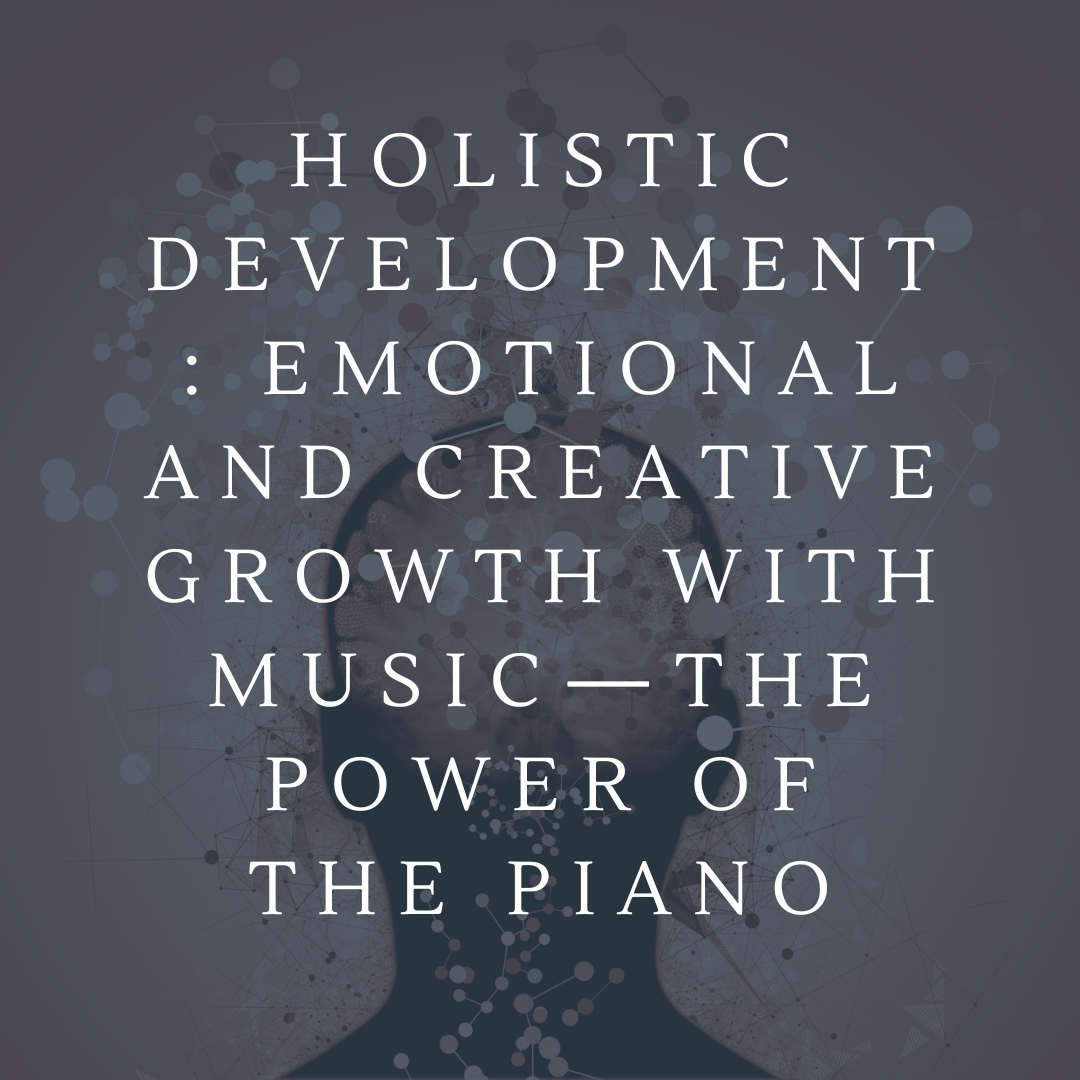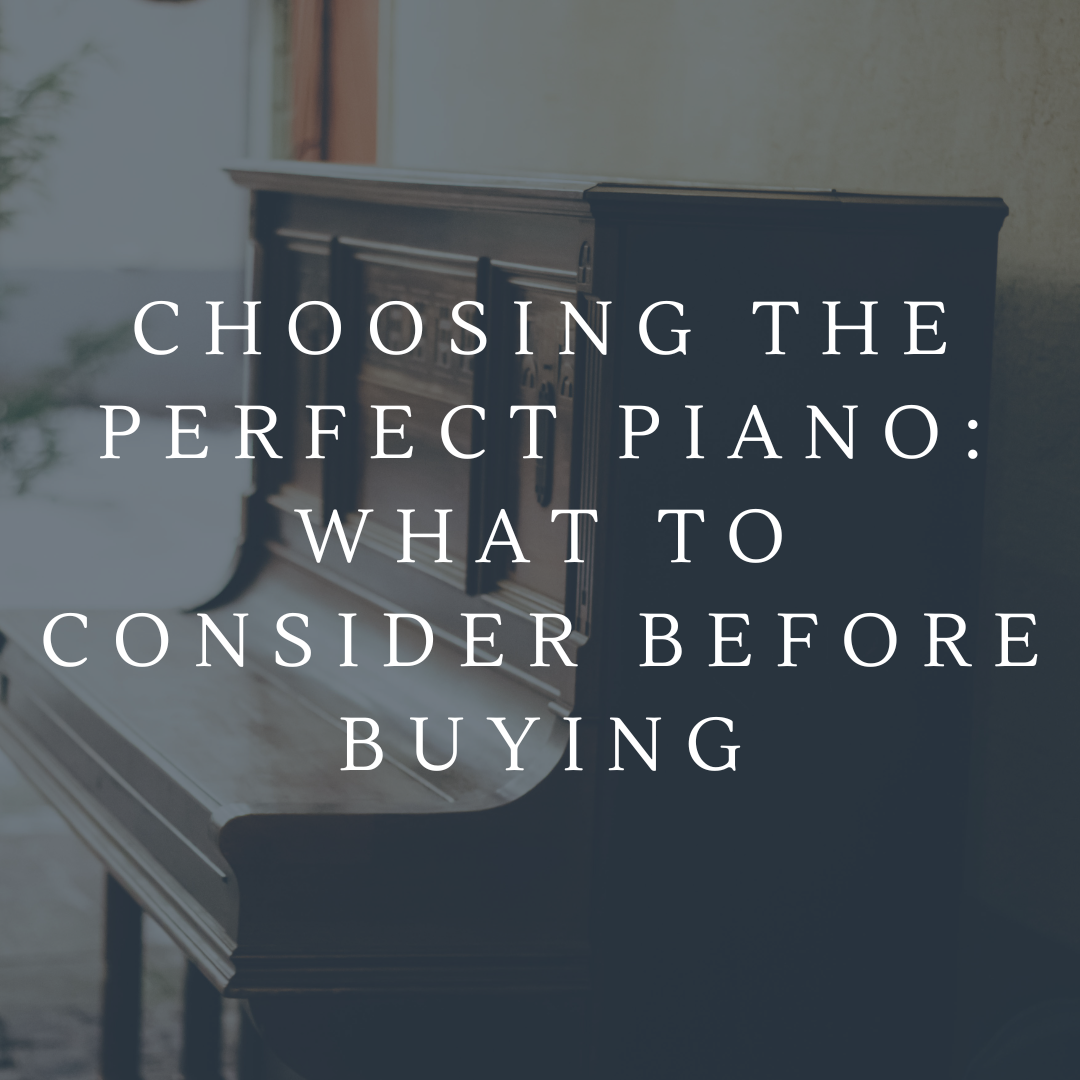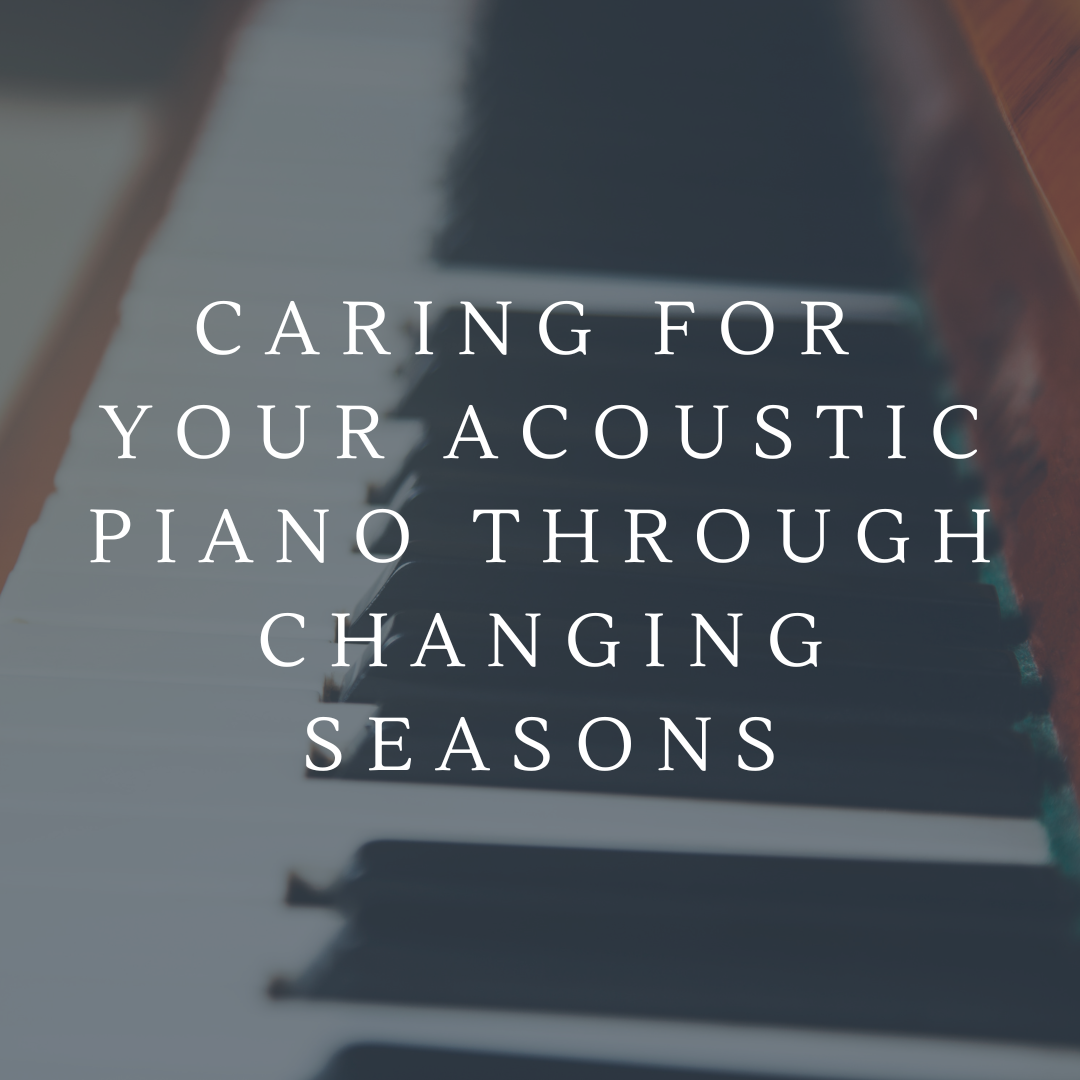
Should I start with a digital or acoustic piano?
That’s a good question. There is no definitive answer to whether you should start with a digital or an acoustic piano, as both have their pros and cons. It depends on your personal preferences, goals, budget, and living situation. Our team of experts can help you make the decision based on your needs.
Here are some factors to consider:
In summary, both digital and acoustic pianos have their advantages and disadvantages. You should choose the one that suits your needs and preferences best. You may also want to try out different models before you buy one, as they can vary greatly in quality and feel.
Comments will be approved before showing up.

Music has long been recognized as a powerful tool for emotional and creative growth. Among all musical instruments, the piano stands out as a gateway to self-expression, cognitive development, and emotional well-being. Whether you're a beginner learning your first melody or a seasoned pianist composing intricate harmonies, playing the piano fosters holistic development in ways that go beyond the keys.

Buying a piano is an exciting and significant investment, whether you’re a seasoned pianist or just starting your musical journey. With so many options available, it’s important to choose one that fits your needs, budget, and space. Here’s a comprehensive guide to help you navigate the process.

Your piano isn’t a piece of furniture; it’s an heirloom, a creative outlet, and an investment. Protecting it from the effects of the changing seasons ensures it remains a source of joy and music for years to come.